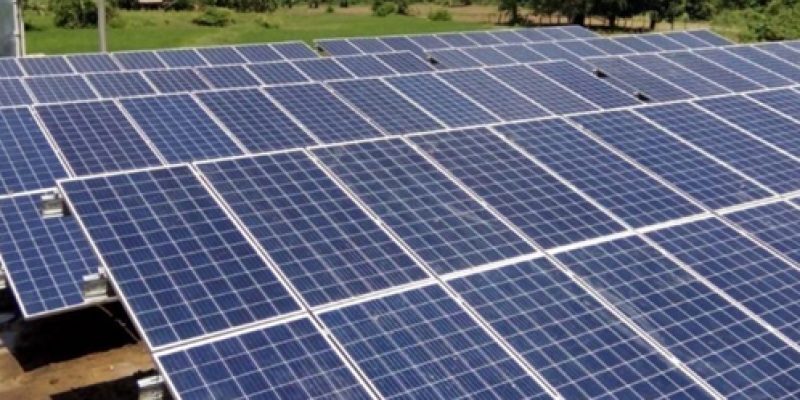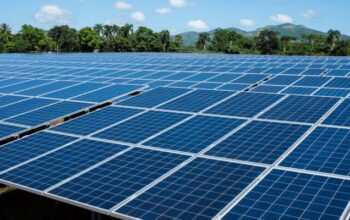ENGIE Energy Access proudly announces the inauguration of its inaugural mini-grid project, the Dohouè MySol Grid, in the village of Dohouè in southern Benin.
Equipped with 135 kWp of solar panels and 130 kWh of lithium-ion battery storage, the Dohouè MySol Grid now brings renewable energy to over 1,500 residents and local businesses, marking a significant milestone in the region’s journey toward sustainable development.
In collaboration with the Beninese Agency for Rural Electrification and Energy Management (ABERME), ENGIE has obtained a 20-year license to operate the grid.
This long-term commitment underscores ENGIE’s dedication to fostering economic growth and sustainability in the area, providing not just energy but also opportunities for economic empowerment and financial inclusion.
Gillian-Alexandre Huart, CEO of ENGIE Energy Access, emphasized the company’s strategy in Benin, emphasizing the importance of flexible and cost-effective solutions tailored to the diverse energy needs of rural communities.
“Our mission is to make clean energy technologies accessible to all, particularly low-income households, to promote community empowerment and inclusivity,” Huart remarked.
With plans to construct and operate 20 additional mini-grids across Benin, ENGIE Energy Access, under the leadership of Country Director Christelle Agossou, aims to extend its impact further.
Supported by funding from the Millennium Challenge Account—Benin II through the Off-Grid Clean Energy Facility (OCEF), these projects will collectively deliver 1.2 MW of power, benefiting over 30,000 people in rural areas.
In Benin, ENGIE Energy Access continues to make significant strides, positively impacting over 1.5 million people with its sustainable electricity solutions.
With a robust local workforce exceeding 200 employees, supported by 1,000 independent sales agents and over 100 service locations, ENGIE ensures a strong presence and superior service delivery nationwide, reaffirming its commitment to lighting up lives and driving progress in Benin’s rural communities.
![]()




